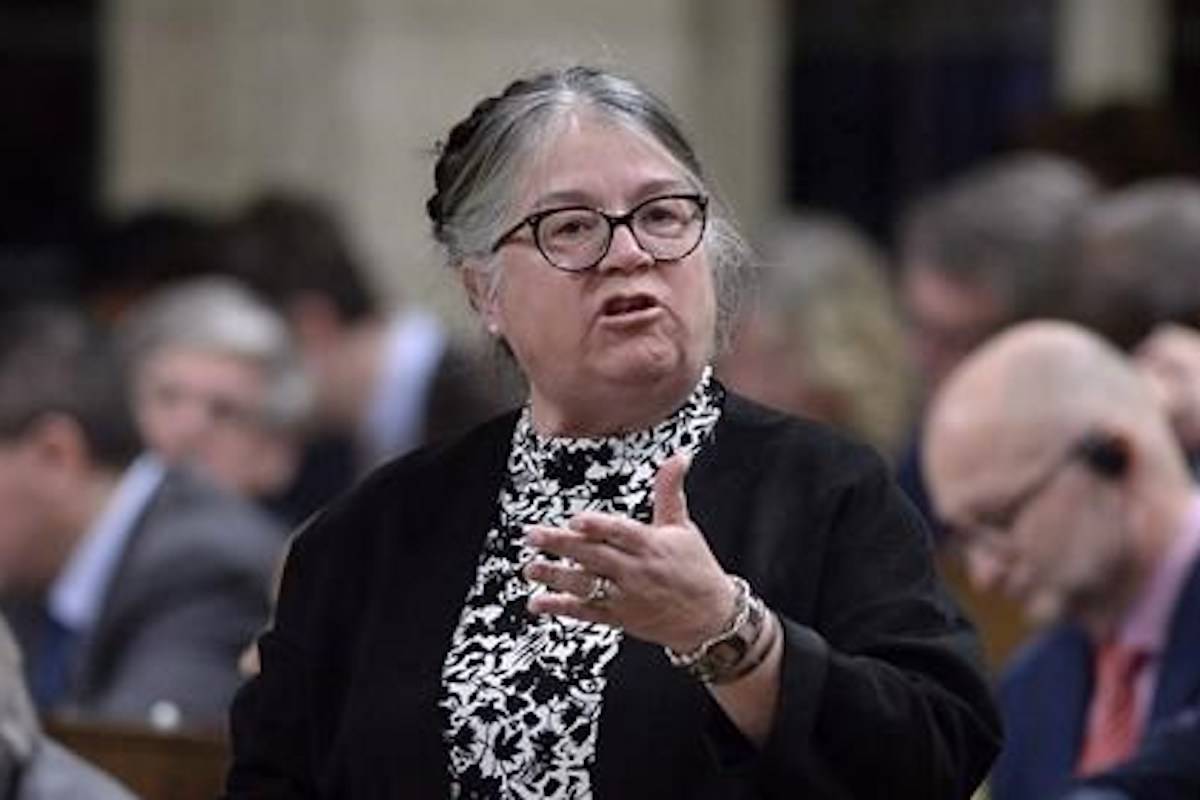The federal government is appealing an Ontario court ruling striking down limits on the political activities of charities while saying it will introduce legislation this fall to eliminate those limits.
Revenue Minister Diane Lebouthillier says there were significant errors of law in the July 16 ruling that require an appeal despite the legislative plans. Lebouthillier says the decision created uncertainty and the government wants clarification.
Nonetheless, this fall the government will change the Income Tax Act to lift a restriction that prevents a registered charity from spending more than 10 per cent of its resources on political activities. The plan is to allow charities to pursue political activities, such as lobbying a government in favour of a particular policy, while continuing to bar partisan activities, such as campaigning for a specific party or donating money to them.
The Liberals campaigned on a promise to modernize rules for charities and not-for-profits following an audit program launched by the former Conservative government that critics said was politically motivated to go after charities working at odds with government policies. As many as 60 charities had their books audited to look for violations of the 10 per cent rule, and several were warned their ability to issue tax receipts for donations was in jeopardy.
RELATED: New York sues Trump over use of charitable foundation
Canada Without Poverty took the government to court after being told in 2016 it was going to lose registered status. The decision from the Superior Court of Ontario found the 10-per-cent limit was a violation of the right to free expression and that charities like Canada Without Poverty need to engage in political activity such as meeting with cabinet ministers.
A spokesman for Lebouthillier said Thursday some parts of the decision could have implications beyond charities’ political work, and that’s why the case is being appealed despite plans to amend the law.
Those concerns could include whether the case would mean the government must provide charitable status to any group that requests it without limits, and whether there is a constitutional right to charitable status.
RELATED: NHL all-stars replace West Kelowna boy’s stolen jersey
The federal appeal of the decision is troubling, said Leilani Farha, executive director of Canada Without Poverty.
Tim Gray, executive director of Environmental Defence, applauded the federal move to change the law, adding he thinks the court decision propelled the legislative action. Last spring Gray came away from a meeting with Finance Minister Bill Morneau fearing the government was in no rush to modify the law.
“I think the court case made a big impact,” said Gray, whose organization spent about $200,000 on legal fees to deal with a federal audit and a warning it would lose charitable status.
The Liberals launched a review of the charities audit program, and a 2017 report recommended deleting any reference to political activities for charities. The government suspended the audits during the review and Gray says he was told the legislation would be retroactive, meaning any audits that found charities did exceed the 10 per cent limit would become moot.
The charity audits had a chilling effect on donors who were attaching strict limits to the uses of their funds, and added to the work of charities to account for how they spent individual donations, Gray said.
The Canadian Press



